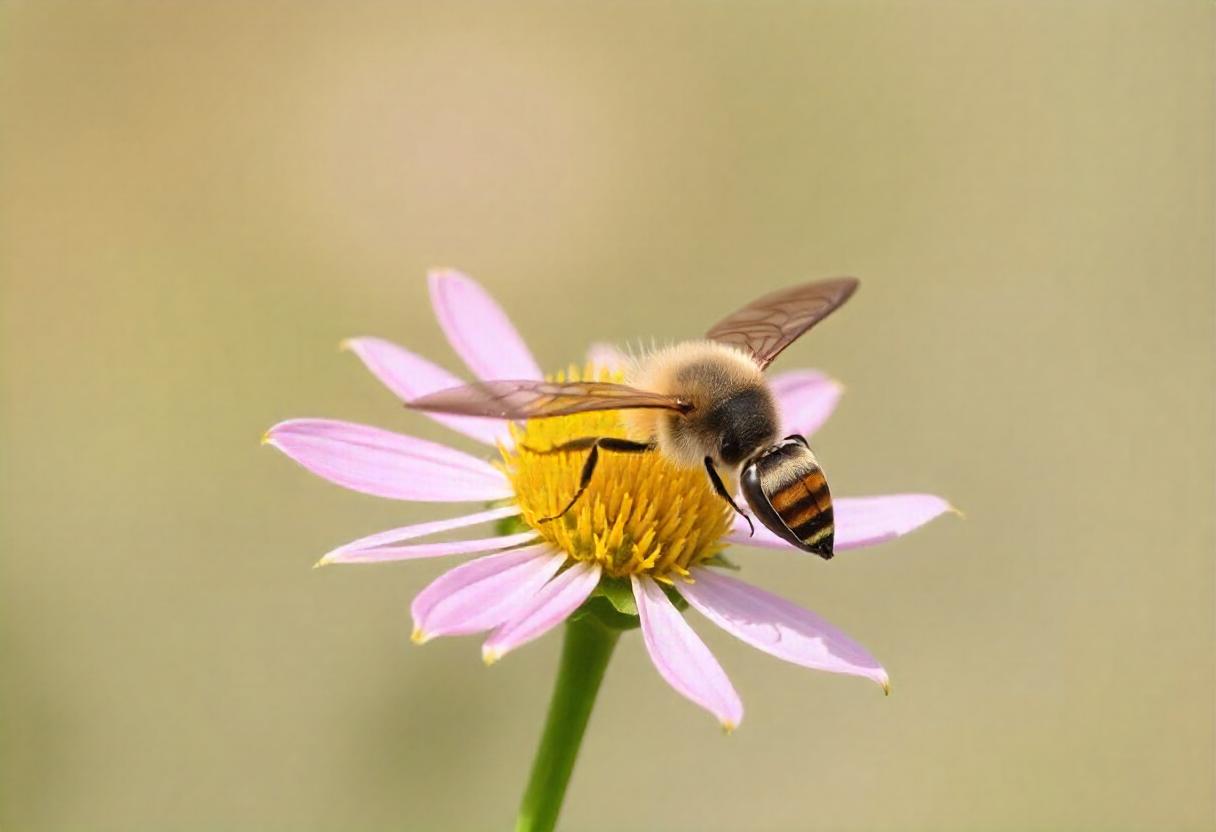
Pollinators play a crucial role in agriculture by facilitating the reproduction of plants. Their activities are vital for the production of many fruits, vegetables, nuts, and seeds. Understanding their significance can help improve agricultural practices and ensure a sustainable food supply.
The Importance of Pollinators in Agriculture
Pollinators, including bees, butterflies, birds, and bats, transfer pollen from one flower to another, enabling plants to produce fruits and seeds. This process is essential for the reproduction of flowering plants and the production of many crops. Without pollinators, the yield and quality of these crops would significantly decline.
Types of Pollinators
- Bees: Bees are the most effective pollinators, responsible for pollinating a wide variety of crops. Honeybees and native bees contribute significantly to agricultural productivity.
- Butterflies: Butterflies help pollinate crops such as tomatoes, peppers, and eggplants. Their long proboscis allows them to access nectar from deep flowers.
- Birds: Hummingbirds and other nectar-feeding birds pollinate crops like tomatoes, peppers, and certain herbs.
- Bats: Bats pollinate crops such as bananas, avocados, and agave. They are crucial for the production of certain fruits and beverages.
Challenges Facing Pollinators
Pollinators face several challenges that impact their populations and effectiveness:
- Habitat Loss: Urbanization, deforestation, and agricultural expansion lead to the loss of natural habitats for pollinators.
- Pesticides: The use of pesticides in agriculture can be harmful to pollinators, affecting their health and reducing their populations.
- Climate Change: Climate change affects the availability of food sources and alters the timing of plant blooming, which can disrupt pollinator activities.
- Disease: Pollinators, especially bees, are susceptible to diseases and pests that can decimate populations and impact their pollination services.
Strategies to Support Pollinators
Farmers and landowners can implement several strategies to support and protect pollinators:
- Planting Pollinator-Friendly Crops: Include a variety of flowering plants that provide nectar and pollen throughout the growing season.
- Creating Habitat Corridors: Establish green corridors and natural habitats that provide shelter and resources for pollinators.
- Reducing Pesticide Use: Minimize the use of harmful pesticides and opt for integrated pest management strategies that are less harmful to pollinators.
- Supporting Conservation Efforts: Participate in or support local and global conservation programs aimed at protecting pollinator populations.
The Future of Pollinators and Agriculture
The future of agriculture depends on the health and sustainability of pollinator populations. By addressing the challenges they face and implementing supportive practices, it is possible to ensure that pollinators continue to contribute to agricultural productivity and food security. Efforts to protect and enhance pollinator populations will benefit both agriculture and the environment.